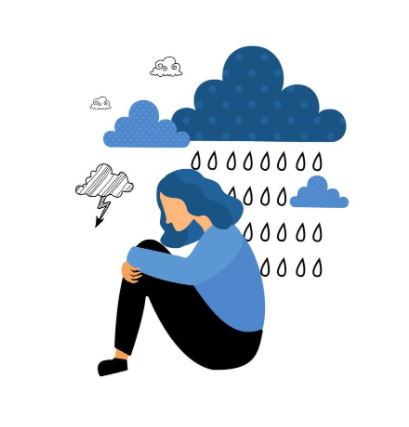Wearing the Green Ribbon

Photo courtesy of Forbes.com
September 28 to October 2 was Mendham High School’s mental health week. With it came daily emails, offers of help from the guidance office, and valuable information about the importance of mental health. For more information about this week, I interviewed the school’s guidance counselor, Ms. D’Alessio.
The school decided to hold last week as a mental health week since September was national suicide prevention awareness month. Suicide can be a symptom of untreated mental illness, but in many cases, it is overlooked and dismissed because of the harmful stigma and confusion surrounding it. “Every year thousands of individuals die by suicide, leaving behind their friends and family members to navigate the tragedy of loss,” says Nami.org, and often “the feelings of shame and stigma prevent them from talking openly” about their mental health. This is dangerous to ignore, as D’Alessio states that “FOUR out of FIVE teens who attempt suicide have given clear warning signs”, meaning there is an 80% chance we can intervene and save someone’s life.
Through mental health week, administrators aimed to eliminate the stigma and confusion that surrounds mental health and suicide. So, instead of ignoring the warning signs, there are ways you can help a peer in need. Ms. D’Alessio has four steps to help those you are concerned about. First, ask about how the person is feeling, and if they are considering suicide. Then listen to them, do not interrupt, and make them feel heard. Respond to them with compassion and kindness, never belittle or joke about their feelings! Lastly, follow up with the person you are concerned about. It will make them feel noticed and cared about. If things worsen, you can always “call the National Suicide Prevention Lifeline: 1-800-273-8255” (Take5tosavelives.org).
By having mental health week the school wanted students to know that there is no need to be ashamed about mental health or suicide. There are many ways you can contribute to the elimination of the stigma around mental health. As Ms. D’Alessio says, “we can start by educating ourselves on mental health, talking openly about it, and normalizing asking for help. We can listen to one another with empathy and compassion, share resources, and encourage open-mindedness.”

Amelia Payne is a staff writer for The Patriot and is in her sophomore year of high school. She enjoys swimming, music, art, and politics. She is interested...






